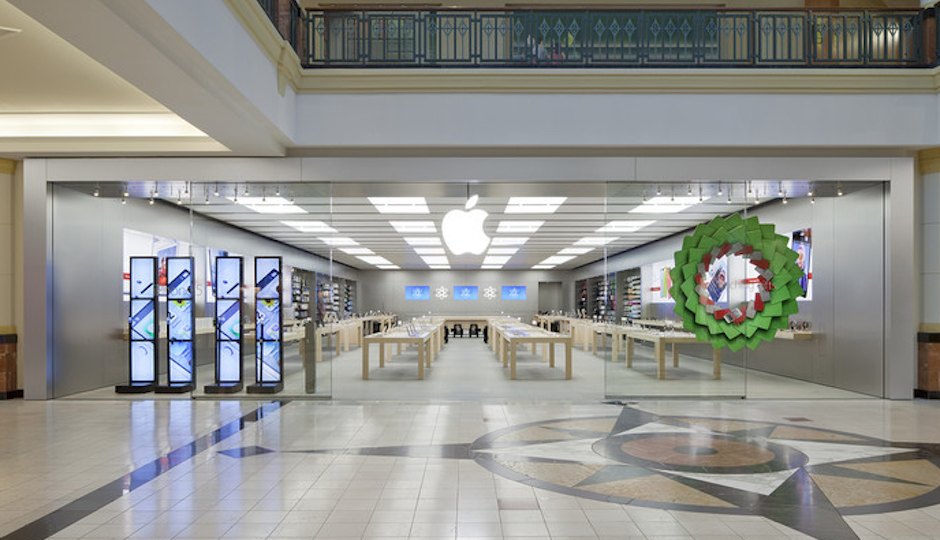King of Prussia Apple Store Sued Over Employee Security Screenings
With all of the sleek toys and gizmos in stock at the Apple Store, it’s no shocker that the company is vigilant about loss prevention — both with employees and the general public. But now former employees of one Apple Store in the Philadelphia area are crying foul.
Former King of Prussia Apple Store employees Natasha Franklin of Phoenixville and Julian Coleman of North Philadelphia have filed a class action lawsuit against the Cupertino-based company, alleging that hundreds of Apple Store employees throughout Pennsylvania might be owed millions in back pay for unpaid time spent undergoing mandated security checks before meal breaks and at the end of each shift.
According to the lawsuit, Apple Store employees are routinely screened after they clock out, so any time spent being checked would be uncompensated. Franklin and Coleman say that employees spent anywhere from five to seven minutes waiting for and receiving their meal break screening and another seven to ten minutes before they they’d go home for the day. That’s up to 17 minutes per day of unpaid time, potentially affecting hundreds of Pennsylvania employees over years.
The employees say that Apple has violated the Pennsylvania Minimum Wage Act. Part of that law requires that employees be compensated for all hours worked, with the PMWA defining “hours worked” as “time during which an employee is required by the employer to be on the premises of the employer.” They are seeking unspecified unpaid wages on behalf of the entire class (any former or current hourly employees at any Pennsylvania Apple Store).
The case was originally filed in Philadelphia’s Common Pleas Court but has now been removed to federal court. In a new filing, Apple denies the allegations and denies that the company violated the PMWA.



